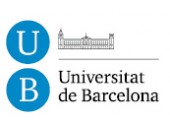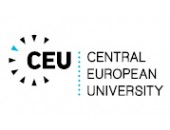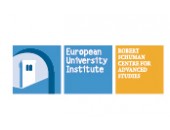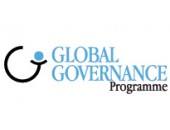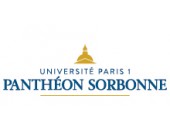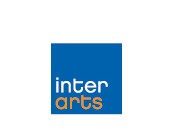In order to achieve the project’s objectives, the work has been divided into different activities:
- Conduction of a survey of existing research and related policies via a structured dialogue with the Advisory Board and with a plural and representative selection of stakeholders. This will lead to the identification of some Thematic Areas for research on Cultural heritage and European Identities. In a sense it sets the scene for future actions of the social platform, always keeping an eye on the incorporation of future issues as the project unfolds.
- Building on the identification of the Thematic Areas from the previous activity, an in-depth analysis of each of them resulting in a theoretical view on the Thematic Areas including the keys of change and the problems and social potentials associated to them will be developed.
- Production of specific outputs for research and policy-making, namely three research agendas structured along the three project axis and guidelines for policy intervention in this area. It constitutes a crucial moment of synthesis and it combines several methodologies and means of interaction ranging from co-production of documents to participation in face-to-face meetings.
- Development of the project’s social platform and implementation of CulturalBase dissemination and communication strategy. This involves a combination of traditional and innovative modes of communication aiming at generating an efficient communication system and a valuable information flow and publicity about the results of CulturalBase. This social platform has been conceived as a double-shaped process enabling interactions and work dynamics stemming from the shared identification and formulation of the most urgent topics and issues to be addressed in further research initiatives resulting from a specific research agenda. Therefore, the impact of CulturalBase will be both substantive (research topics to understand the cultural heritage and the processes involved in the transformation of existing identities and the forging of new ones) and formal (the process whereby these topics are identified, brought to the table, discussed, and agreed upon, as well as how the platform itself addresses its own survival beyond the EC-infused initial impulse).
- Implementation of different face-to-face meetings: two main workshops; a stakeholders conference; at least three local workshops; and a policy seminar.

